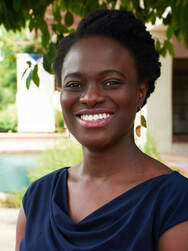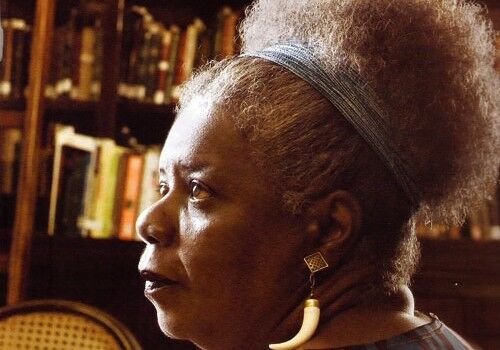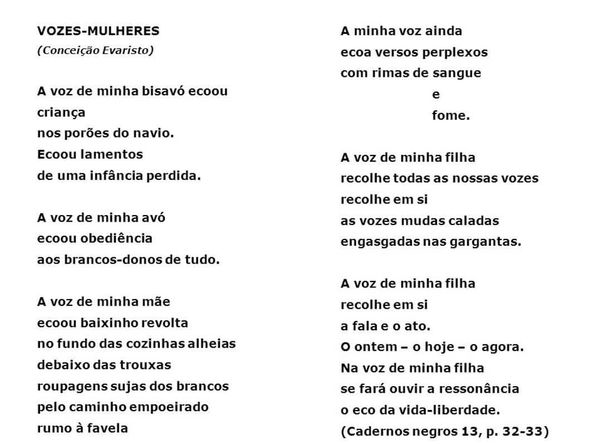#Citeblackwomen: Reshaping the Practice of Citation in the Digital Sphere by Annette Joseph-Gabriel1/3/2019  2018 came to a close with the inevitable lists of scholars and books that had shed light on critical questions in the past year and had provided us with tools to look towards the future. End-of-year lists are a helpful way to take stock. But they also say a lot about the practice of citation as an act of recognition. They speak volumes about who academic and journalistic institutions consider to be contributors to the landscape of intellectual ideas. In that landscape, black women are rarely present. Or rather to be more precise, black women are erased even as their ideas and scholarship provide crucial linguistic and conceptual tools for understanding our world. If the many misreadings of such critical theories such as intersectionality and misogynoir are now more the norm than the exception, it is because of citational practices that sever black women from the knowledge they create and deform that knowledge into words that come to mean whatever the user wants to project in a given moment. Severing is an act of violence. Resisting that violence therefore means something more robust than uniquely aiming for a quota of black women included in parenthetical citations or year-end lists. It demands a radical praxis of citation. The Cite Black Women movement uses social media to show what that radical praxis of citation could look like. This is not to say that the movement imagines the digital sphere as the only viable space where black women can obtain citational recognition. Rather, the possibilities for building communities in the digital sphere—fraught as that medium may be—inform the movement’s vision of citation. How specifically, does Cite Black Women’s use of social media invite us to rethink what it would mean to recognize black women’s intellectual work? I will outline here two crucial ways. First, although the Twitter account of the movement encourages followers to use #CiteBlackWomen, it also issues a special weekly invitation to #CiteBlackWomenSunday. The invitation is usually accompanied by the opening lines of Audre Lorde’s poem “Recreation”: “Coming together/It is easier to work/After our bodies meet/paper and pen.” Akin to black feminist practices of congregation and commemoration, #CiteBlackWomenSunday emphasizes community in the recognition of black women’s intellectual work. This highlighting of community is in turn crucial for putting forward a collective response to a collective problem. Community allows us to imagine what Jenn M. Jackson defines as the “structural inclusion” of black women rather than isolated efforts at citation that begin and end in the digital sphere. Second, because one of the movement’s guiding principles is to “integrate black women into the CORE of your syllabus,” Cite Black Women provides a blueprint for this integration through its crowdsourced syllabi on Twitter. Here, scholars share the courses they are teaching, the readings by black women that they assign and, crucially, the ways that these texts fit into the overall structure of their courses. These syllabi often go beyond envisioning black women’s texts as an add-on to be taught separately in a small contained module, but rather weave their works throughout the course structure and offer students a sustained engagement with the range of black women’s ideas. Here too the effort is collective. The result is an array of courses that attests to the central presence and contributions of black women in history, economics, literature, politics, art and science, and that ask us to go beyond thinking about black women’s scholarship as token mentions in our research and pedagogical practice. In 2019, as the conversation (ideally) moves beyond the question of the need to cite black women to a critical discussion of how doing so can disrupt the exclusionary politics of academic citation, the Cite Black Women movement’s use of digital media provides us with the tools to engage in this productive disruption.
0 Comments
|
Archives
October 2021
Categories |
Proudly powered by Weebly



 RSS Feed
RSS Feed